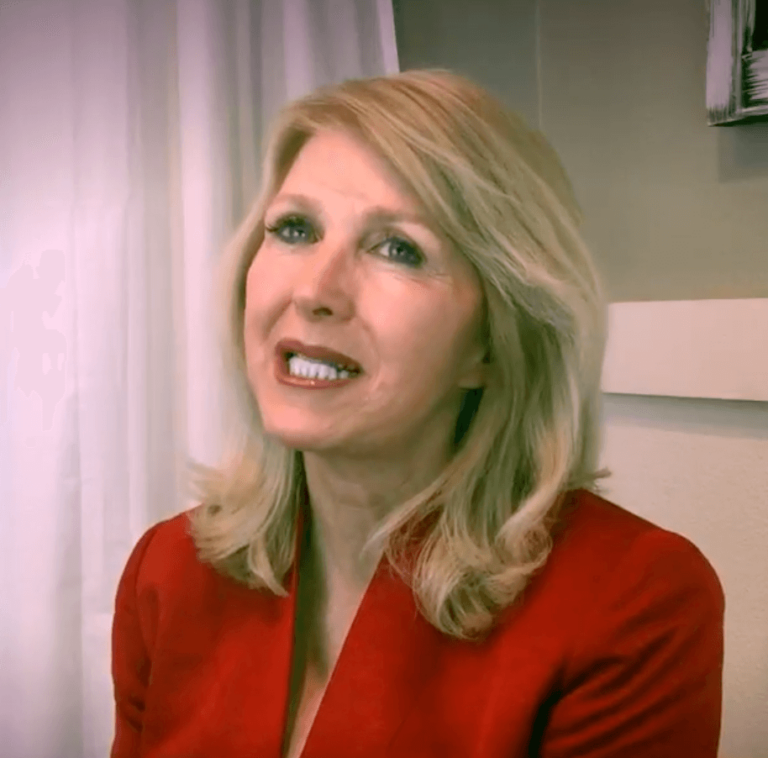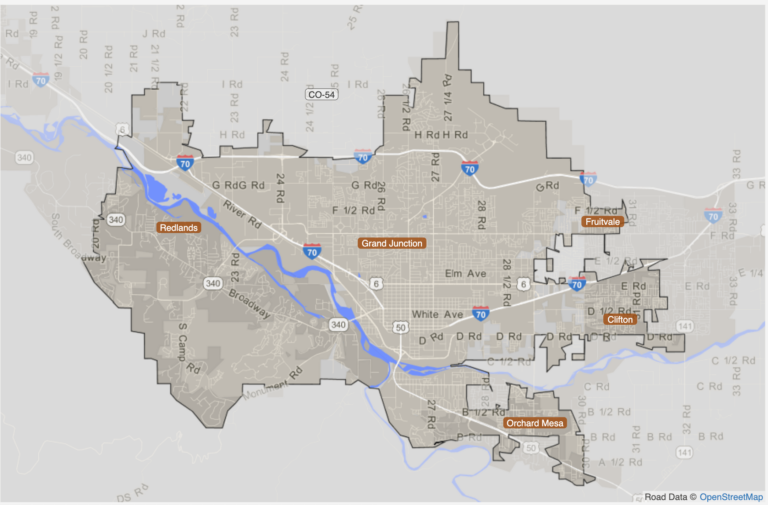Petition wording approved in recall of Mesa County Clerk; campaign moves to signature-gathering phase
June 6, 2020
No Comments
Eagle County Treasurer Teak Simonton has approved the wording of the petition submitted by the RecallClerkTina campaign to recall Mesa County Clerk Tina Peters (R), ...
Read More →
Mesa County Republican Party removes Facebook post suggesting George Floyd’s death was a hoax
June 4, 2020
4 Comments
The Colorado Times Recorder reported June 3 that the Mesa County Republican Party removed a post from its official Facebook page that suggested George Floyd’s ...
Read More →
AnneLandmanBlog Voter Guide for the June 30, 2020 Primary Election
June 3, 2020
5 Comments
Wondering how to vote in the upcoming primary election on Tuesday, June 30, 2020? Following are AnneLandmanBlog’s recommendations for how to vote on the Mesa ...
Read More →
Tina Peters upset about recall effort (*sob!*)
June 2, 2020
2 Comments
@MesaCountyClerk Peters says in today's @DailySentinelGJ that she "has been getting calls all weekend about how outraged #MesaCounty citizens are" that people are trying to ...
Read More →
Protesting? Know your rights, and the risks
June 2, 2020
No Comments
If you are among those taking to the streets to protest police brutality against people of color, the American Civil Liberties Union (ACLU) wants you ...
Read More →
In new documentary, “Jane Roe” of the 1973 Roe v. Wade Supreme Court decision reveals she was paid to switch sides in the abortion debate
May 25, 2020
2 Comments
In a new documentary released Friday, May 22, Norma McCorvey, the plaintiff in the landmark 1973 Supreme Court ruling in Roe V. Wade, reveals that ...
Read More →



